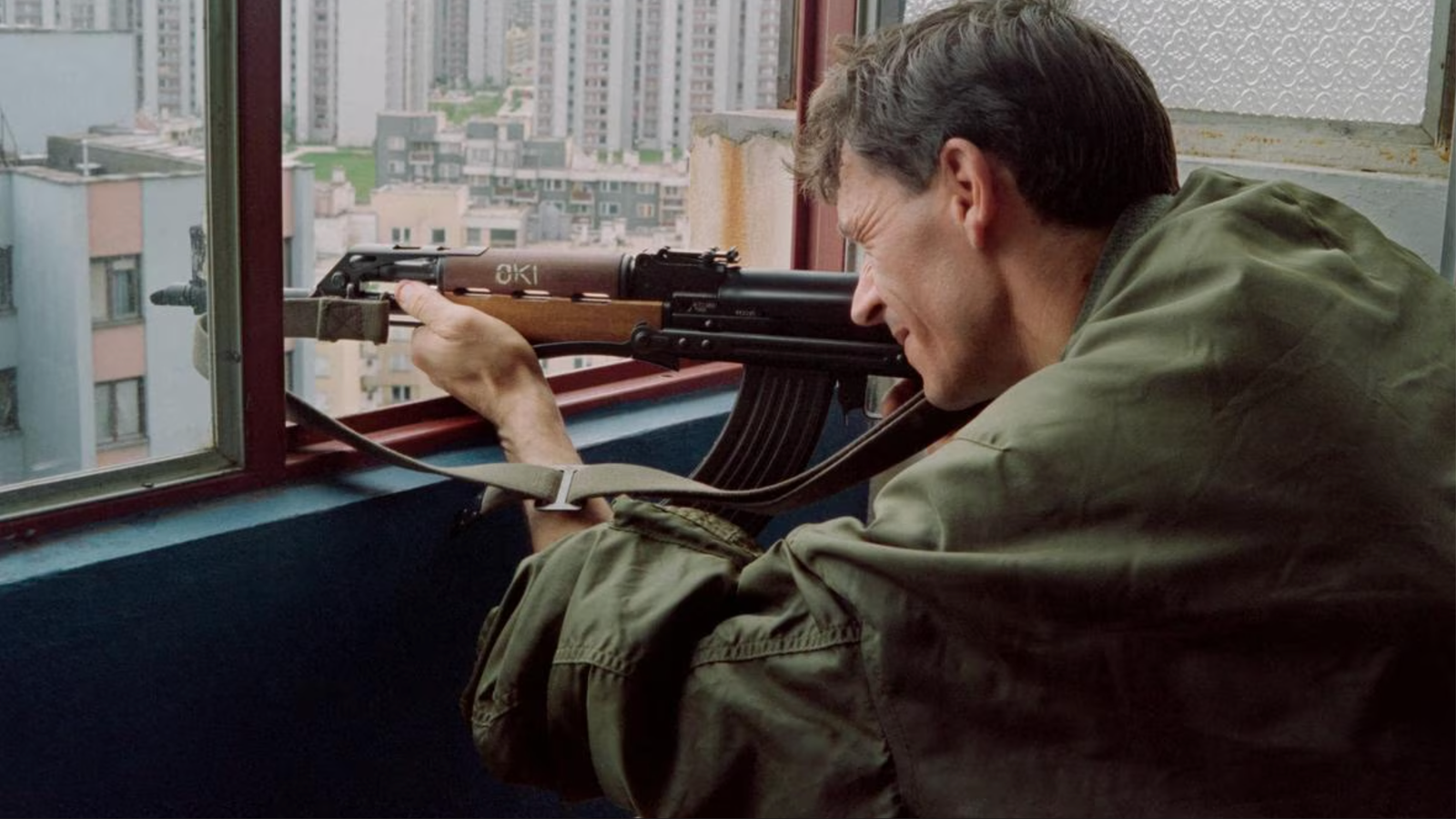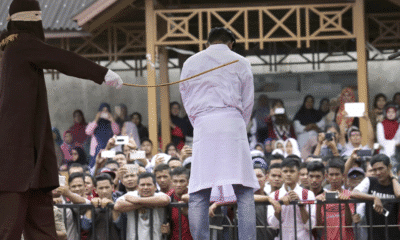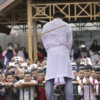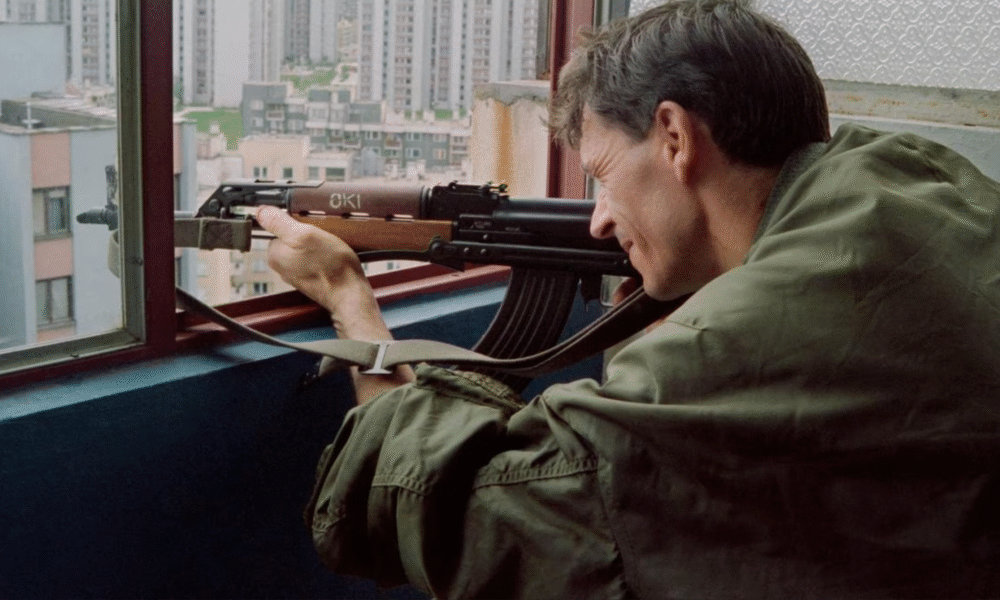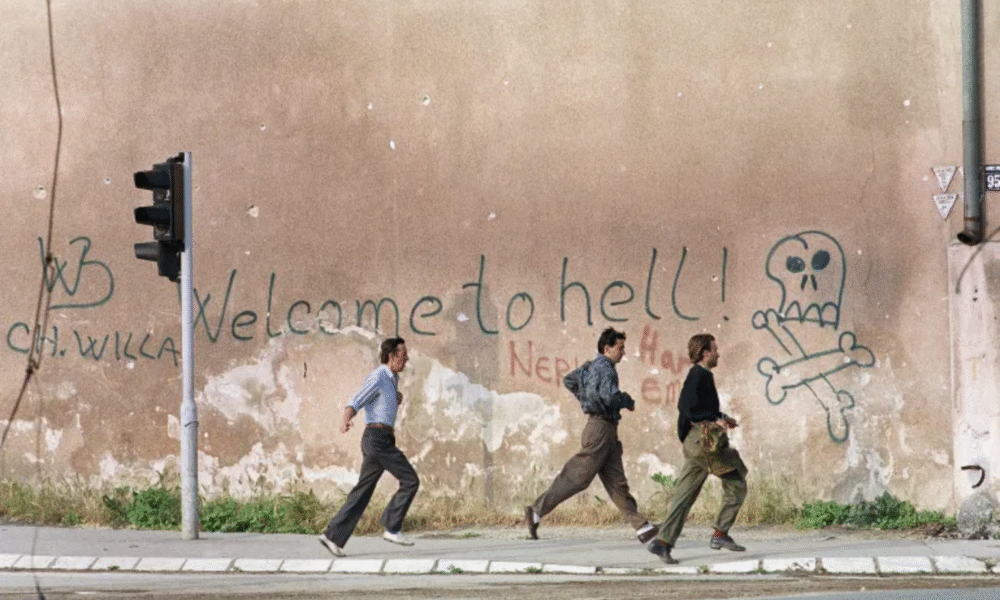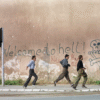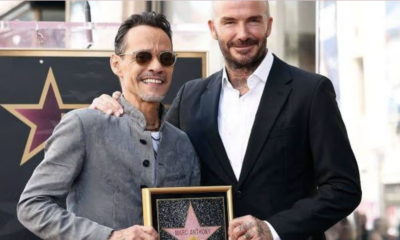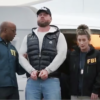News
Italy Investigates Shocking Claims of ‘Sniper Safaris’ During Bosnia’s War
In one of the most chilling war crime allegations to emerge from the 1990s Balkans conflict, Italian prosecutors have launched an investigation into claims that wealthy tourists from Italy and beyond paid to shoot civilians in besieged Sarajevo during the Bosnian war.
The Milan prosecutor’s office confirmed it is examining evidence submitted by Italian journalist and novelist Ezio Gavazzeni, who alleges that “very wealthy people with a passion for weapons” took part in so-called “sniper safaris.” These were reportedly arranged on Serb-controlled hillsides overlooking Sarajevo, where civilians were targeted for sport.
‘Tourists Paid to Kill’
According to Ezio Gavazzeni’s complaint, participants paid large sums — up to €100,000 (£88,000) in today’s terms — to take part in the deadly “hunts.” The journalist described a “manhunt” operation where different rates were allegedly charged for shooting men, women, or even children.
More than 11,000 people were killed during the four-year siege of Sarajevo, which remains one of the bloodiest episodes of the Yugoslav Wars. The claims of sniper safaris, if proven, would mark one of the most grotesque examples of human rights abuse during the conflict.
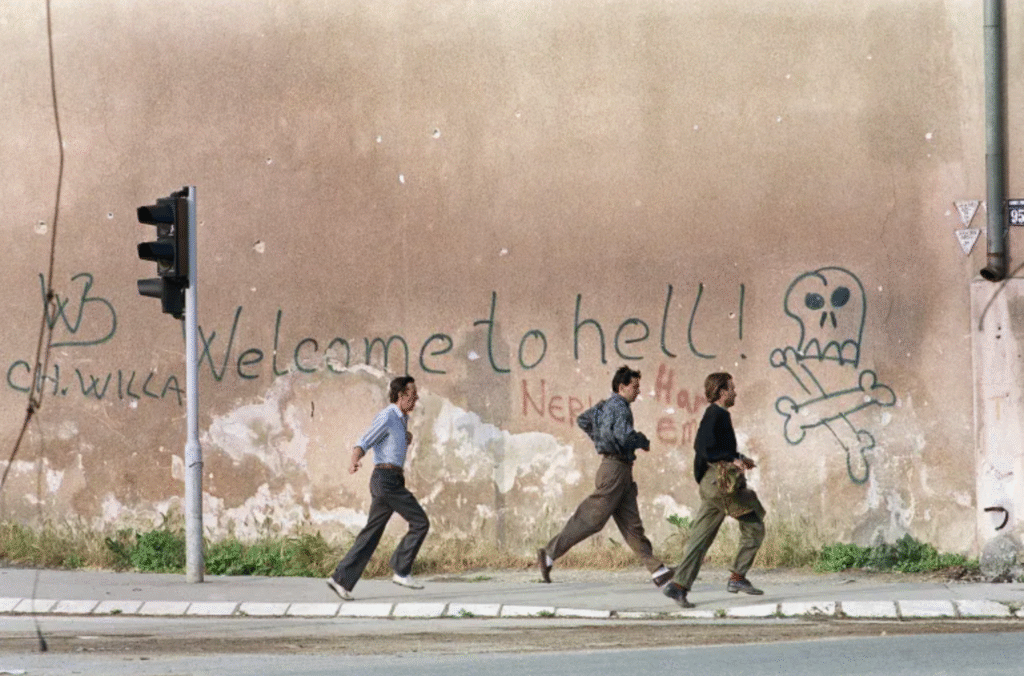
Italy to Investigate Claims of ‘Sniper Safaris’ During Bosnia’s War
Italian Counter-Terror Prosecutor Leads Inquiry
Italian counter-terrorism prosecutor Alessandro Gobbis is now leading the investigation, with murder listed as the potential charge. The evidence includes testimony from a Bosnian military intelligence officer, who claims his unit discovered the sniper safaris in late 1993 and alerted Italy’s Sismi military intelligence early the following year.
According to reports from Italy’s Ansa news agency, Sismi responded within months, allegedly confirming the safaris and vowing they would stop. The Bosnian officer claims that within two or three months, the trips had indeed ceased.
From Documentary to Courtroom
Ezio Gavazzeni says he was inspired to revisit the story after watching “Sarajevo Safari,” a 2022 documentary by Slovenian filmmaker Miran Zupanič, which alleged that “human hunting” involved participants from Italy, Russia, and the US.
The journalist has since compiled a 17-page dossier for prosecutors, including input from former Sarajevo mayor Benjamina Karić. His investigation builds on decades-old reports first published in Corriere della Sera but never substantiated at the time.
Skepticism Among Veterans
Not everyone is convinced. Members of the British peacekeeping forces who served in Sarajevo during the 1990s told the BBC that such “sniper tourism” would have been nearly impossible to organize. They pointed to the intense military checkpoints and chaos of the siege, suggesting that claims of paid civilian hunts may have been exaggerated or impossible to verify.
One veteran described the reports as “an urban myth,” though even skeptics acknowledge the fog of war may have concealed atrocities that were never properly documented.
War Crimes Memory Revived
The Sniper Safaris investigation reopens old wounds in a region still haunted by the atrocities of the Bosnian conflict. Figures such as Radovan Karadžić, the Bosnian Serb leader later convicted of genocide, and his Russian admirer Eduard Limonov — who was filmed firing into Sarajevo in 1992 — symbolize the brutal culture of impunity that defined the era.
If Ezio Gavazzeni’s allegations hold, Italy’s inquiry could expose one of the most grotesque chapters of post–Cold War Europe, where war tourism turned into a war crime.


